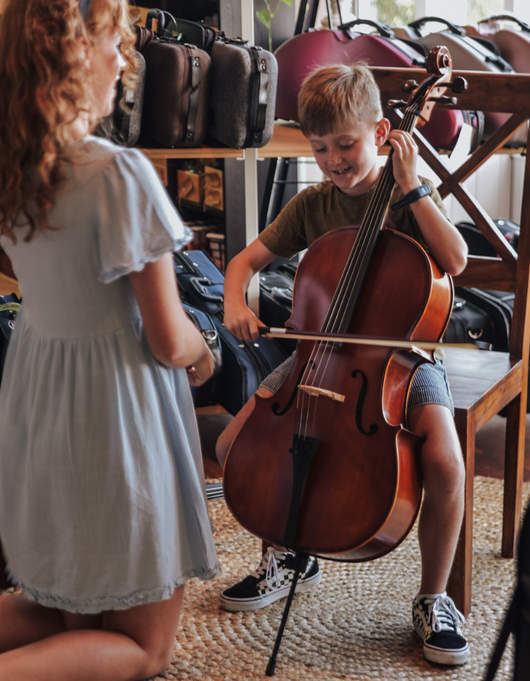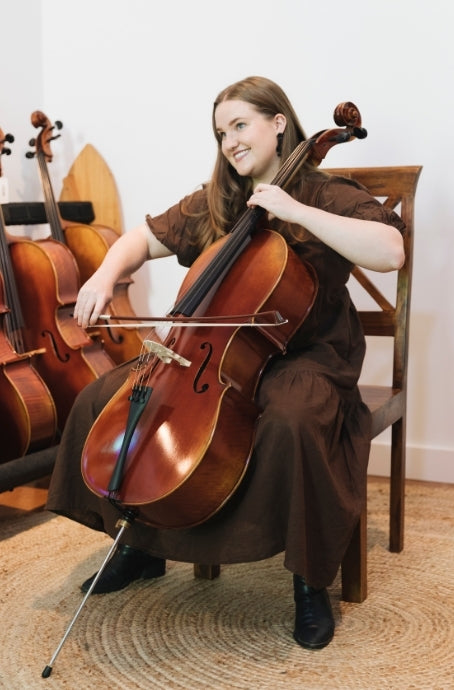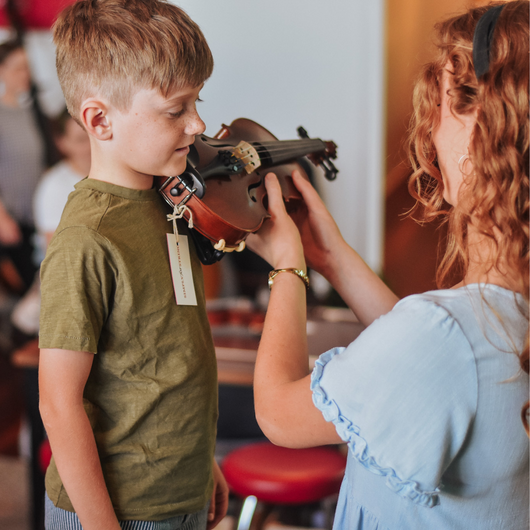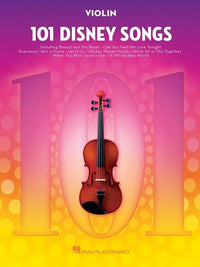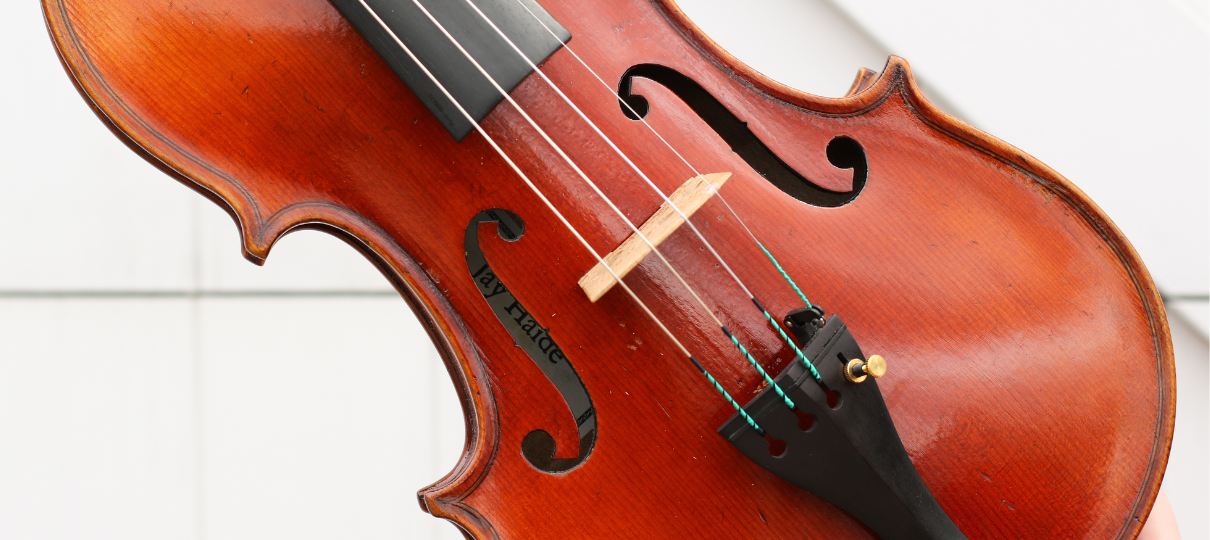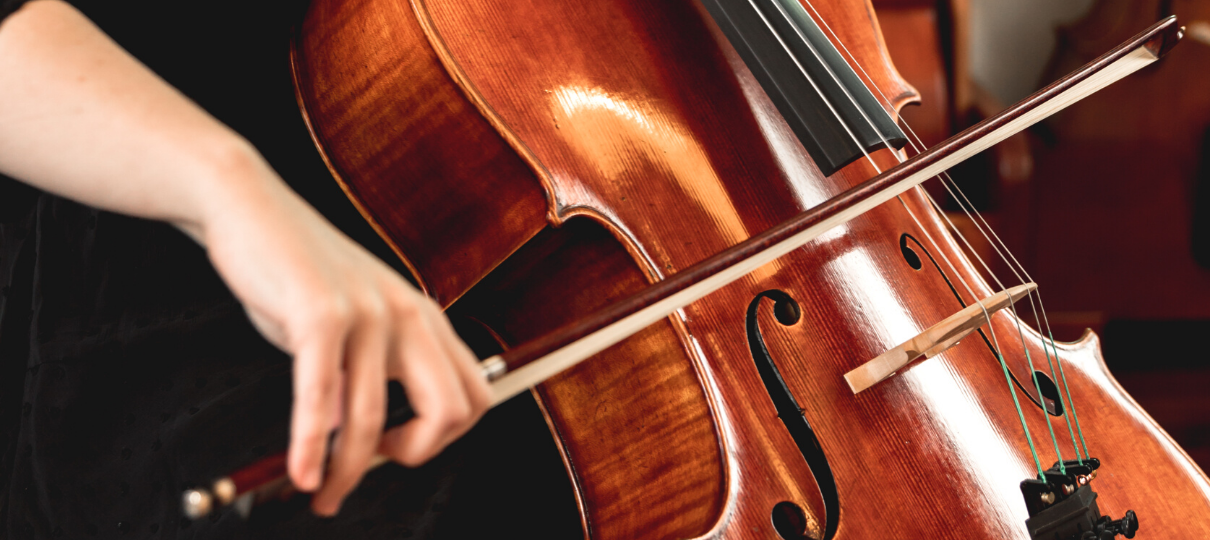By Ruth Bonetti for Simply for Strings.
If practice-time becomes a battlefield in your household, take heart. That’s normal. It’s hard when talented youngsters fritter away their talent because they baulk at the drudgery of regular practice. In our fast world of instant gratification what other life skill needs such time to germinate, bud and blossom?
Let me encourage you. As a mother of three sons, I’ve been through the frustrations, tried all the tricks and created more to bring them to the music stand. It does reap rewards eventually – and often in ways you didn’t envisage. You have laid the foundation by insisting on regular practice; listened in on it and lessons, where appropriate, outlaid the best instruments, teachers and equipment your budget affords. There will come a time when they will surprise you with their solos, ensembles and bands; they may compose, perform and record their masterpieces.
As I write this I hear my youngest son André practising his vibraphone downstairs. And he got himself out of bed early to do so! Well, he’s recently turned 21, and as a Conservatorium student motivates himself now.
It was a different story when he was photographed around age eleven for the cover of my book Practice is a Dirty Word – How to clean up your act. He contributed several of the excuses quoted in the book like “I did so much writing at school today that my fingers hurt.” Knowing that money worked with him, I offered him a job proofreading the manuscript of that book. At fifty cents per typo he earned a few dollars – but in reading the book at this formative stage he proved my best success story!
He works hard practising, performing with his gypsy band Greshka, fixing gigs, marketing, recording and touring. Hear them here.
All very well, you say. How did he get there?
A half-hour music lesson = 0.3% of a student’s week. Here are some tips to reinforce the other 99.7%
- Approach your support of practice like the sandwiches you make for the lunch-box. Positives – suggestions to improve – praise.
- “That piece sounds good. You’ve worked well on the rhythm.”
- “But bar 6 has some odd notes and stops and starts. Why not play it at half speed? Now play it five times to make sure.”
- “That’s much better. What terrific tone you make now!”
- Busy times can still progress musically if they “work smart” with the 80/20 principle: “What is the tricky 20% of my music that needs 80% of my time?”
- Even that five minutes free before dinner can be put to good use. Set a manageable goal to learn just one bar. Work in bite-sized bits.
- Praise works wonders! Stress that it’s OK to stuff up sometimes in performance – we all do – and you’re proud of their efforts.
About the Author:
These are the books Ruth Bonetti needed as a teenager! She approaches music performance, practice and preparation from over thirty years as a professional musician, teacher and speaker – and as a mother.
An M.Mus performance graduate from University of Queensland and examiner for the Australian Music Examinations Board Ruth taught at Queensland Conservatorium of Music for 15 years. Her teaching and presentations in Australia, Britain, USA, Germany, Sweden and France, enhance finesse and confidence for those who perform via words or music.





